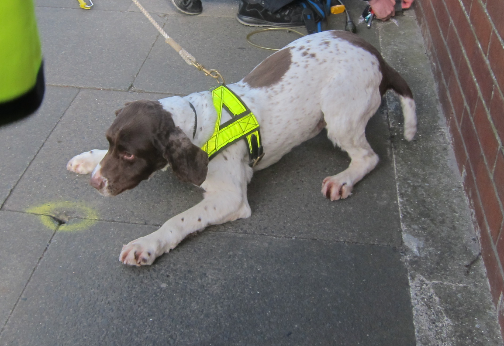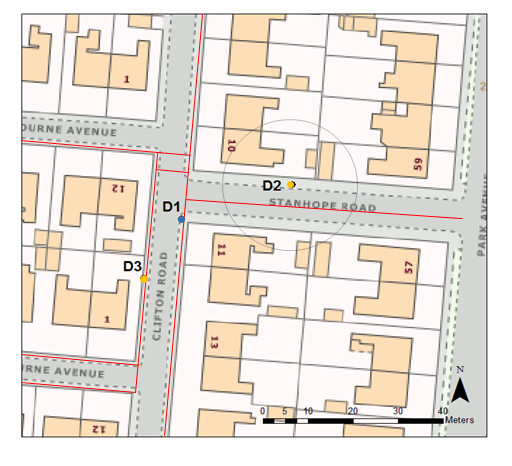| Title |
Now in stock |
| A City is Not a Tree |
1xlong |
| A Greedy Man in a Hungry World |
1xlong |
| A History of Great Yarmouth |
1xlong |
| A Vision of a Living World: The Nature of Order, Book 3 |
1xlong |
| Architect in Practice |
16xlong, 1xebook |
| Architecture and Capitalism : 1845 to the Present |
1xlong, 1xebook |
| Architecture as a Craft : Architecture, Drawing, Model and Position |
1xlong |
| Architecture as Experience: Radical Change in Spatial Practice |
2xlong |
| Bananas Reconstructed: Architecture and Sacred Space |
1xebook |
| Building Performance Analysis |
1xlong |
| Century of Fishing: Fishing from Great Yarmouth and Lowestoft, 1899-1999 |
1xlong |
| China Development and Governance |
1xebook |
| Cinemetrics : Architectural Drawing Today |
1xlong |
| Cobe – Our Urban Living Room |
1xlong |
| Colour Strategies in Architecture |
1xlong |
| Computing the Environment: Digital Design Tools for Simulation and Visualisation of Sustainable Architecture |
1xlong |
| Critical Companion to Tennessee Williams |
1xlong |
| Culture and customs of Saudi Arabia |
1xlong |
| Cycle Space, Architecture and Urban Design in the Age of the Bicycle |
1xlong |
| Dreamscapes of Modernity: Sociotechnical Imaginaries and the Fabrication of Power |
1xlong |
| Eat, Memory: Great Writers at the Table: A Collection of Essays from the New York Times |
1xlong |
| Experimental Preservation |
1xlong |
| Exploring the Use and Impact of Travel Guidebooks |
1xlong |
| Fiction as Method |
1xlong |
| Fish and Chips: A History |
1xlong |
| Future Matters: Action, Knowledge, Ethics |
1xlong |
| Governing Shale Gas: Development, Citizen Participation and Decision Making in the US, Canada, Australia and Europe |
1xlong |
| Handbook on green infrastructure planning design and implementation |
1xlong |
| Holloway Prison : An Inside Story |
1xlong |
| Horse People: Thoroughbred Culture in Lexington and Newmarket |
1xebook |
| Housing Design for an Increasing Older Population |
1xebook |
| Imagined Futures in Science, Technology and Society |
1xlong |
| In the nature of landscape |
1xlong |
| Indispensable Eyesores: An Anthropology of Undesired Buildings |
1xebook |
| Infrastructures in Practice |
1xebook |
| Interrogating Ellie |
1xlong |
| Introducing the Sociology of Food and Eating |
1xlong |
| Invitation to the Life Course: Towards New Understandings of Later Life |
1xlong |
| Lives in Time and Place: The Problems and Promises of Developmental Science. |
1xlong |
| London’s Turning: Thames Gateway-Prospects and Legacy |
1xlong |
| Making and Growing: Anthropological Studies of Organisms and Artefacts |
1xlong |
| Manhattan Transcripts |
1xlong |
| Marcel Breuer: a Memoir |
1xlong |
| Maritime Norfolk: Part Two |
1xlong |
| New Monte Rosa Hut SAC Self-Sufficient Building in High Alps |
2xlong |
| Nonlinear Time Series Analysis |
1xlong |
| North Norfolk Coast |
1xlong |
| Original Rockers |
1xlong |
| Otto Wagner: Die Wiener Stadtbahn |
1xlong |
| Palaces for the People: How to Build a More Equal and United Society |
1xlong |
| Placemaking with children and Youth Participatory Practices for Planning Sustainable Communities |
1xlong |
| Planetary Gentrification |
1xlong |
| Prosthesis |
1xlong |
| Reconceptualising Agency and Childhood: New perspectives in Childhood Studies |
1xebook |
| Relational Architectural Ecologies |
2xlong |
| Rethinking Vienna 1900 |
3xlong, 1xebook |
| Revisiting Divisions of Labour |
1xlong |
| Roads Were Not Built for Cars: How Cyclists Were the First to Push for Good Roads & Became the Pioneers of Motoring |
1xlong |
| Robot Ethics 2.0: From Autonomous Cars to Artificial Intelligence |
1xlong |
| Small Towns, Austere Times: The Dialects of Deracinated Localism |
1xlong |
| Space and the Memories of Violence: Landscapes of Erasure, Disappearance and Exception |
1xlong |
| The Architecture of Psychoanalysis: Space of Transition |
1xlong |
| The Architectures of Childhood: Children, Modern Architecture and Reconstruction in Post-war England |
1xebook |
| The Culture of AI: Everyday Life and the Digital Revolution |
1xlong |
| The Design of Childhood: How the Material World Shapes Independent Kids |
1xlong |
| The Ethics of Invention |
1xlong |
| The Evocative Object World |
1xlong, 1xebook |
| The Flak Towers in Berlin, Hamburg and Vienna 1940 – 1950 |
1xlong |
| The Great Museum |
1xlong |
| The Luminous Ground: The Nature of Order, Book 4 |
1xlong |
| The New Black Middle Class in South Africa |
1xlong |
| The Phenomenon of Life |
1xlong |
| The Process of Creating Life: The Nature of Order, Book 2 |
1xlong |
| The Setting of the Pearl: Vienna under Hitler |
1xlong |
| The Structure of Light : Richard Kelly and the Illumination of Modern Architecture |
1xlong |
| The Urban Design Reader |
1xlong, 1xstc, 1xebook |
| The Works: Anatomy of a City |
1xlong |
| Toward an Urban Ecology |
1xlong |
| Urban Disaster Resilience: New Dimensions from International Practice in the Built Environment |
1xebook |
| What Are Community Studies? |
1xlong |
| What is the future? |
1xlong |
| XML : Parliament |
1xlong |
| Young people, Class and Place |
1xlong |



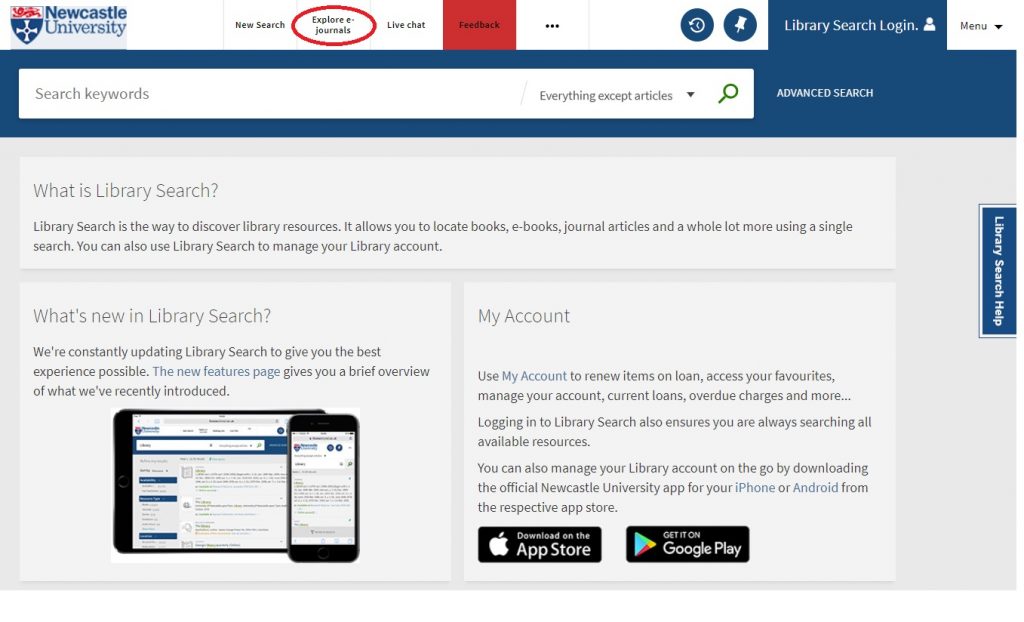
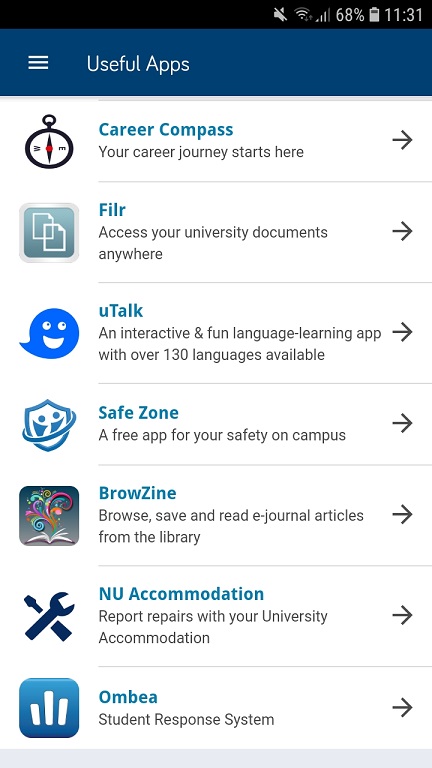
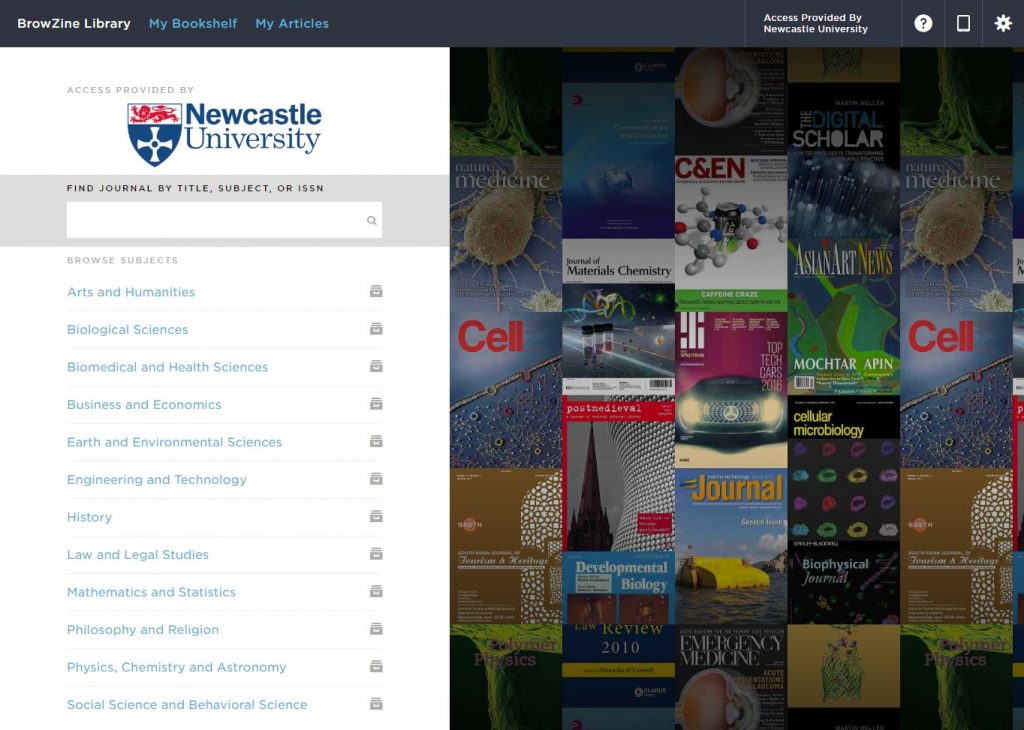
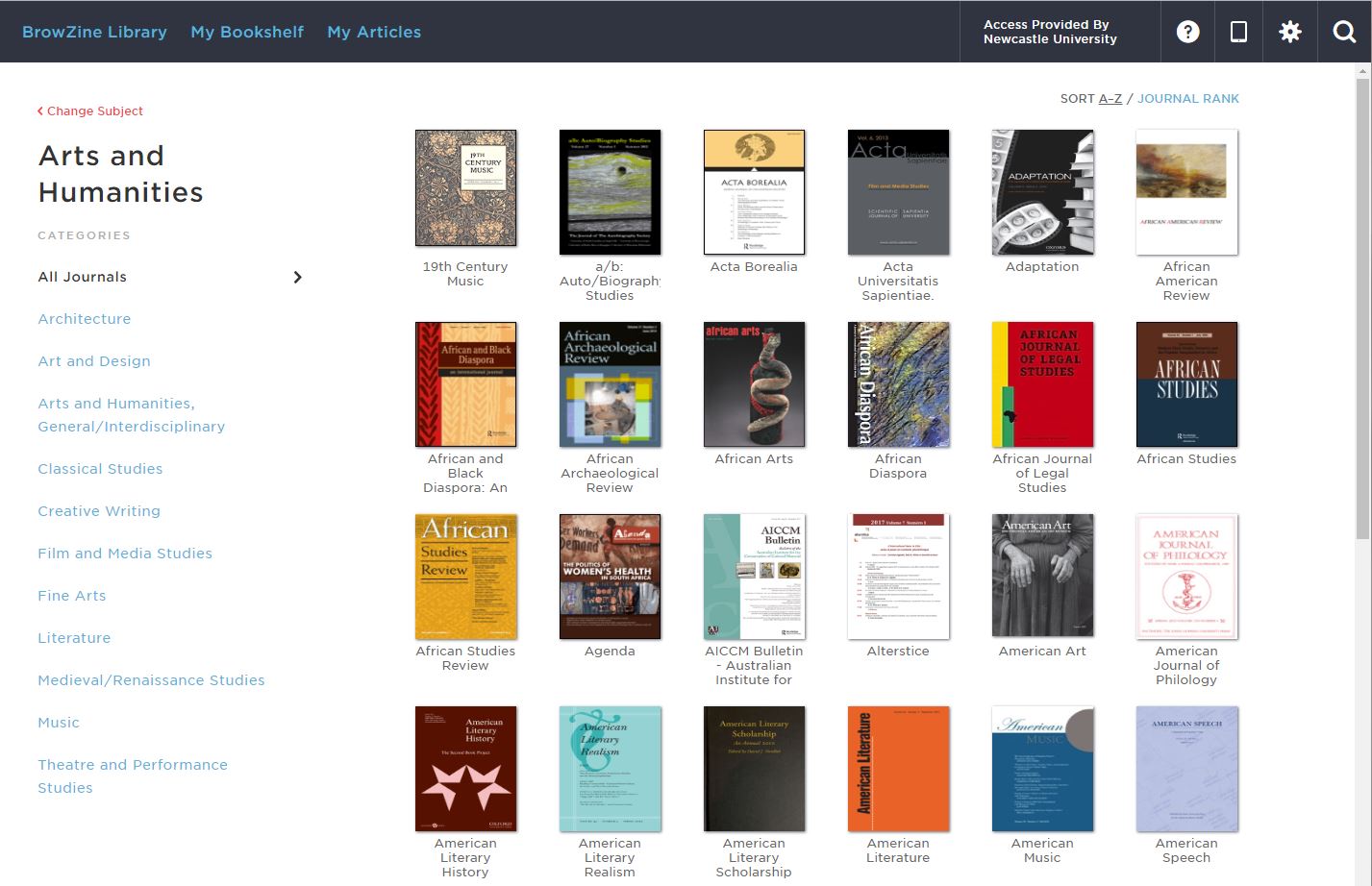
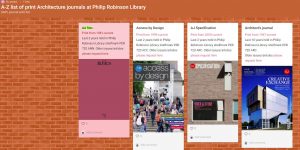
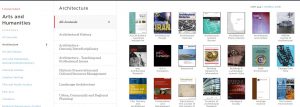
 Laura-Jayne Beattie, third year Law School student and Law Library Student Aide, has some top tips to help you find help with OSCOLA.
Laura-Jayne Beattie, third year Law School student and Law Library Student Aide, has some top tips to help you find help with OSCOLA.